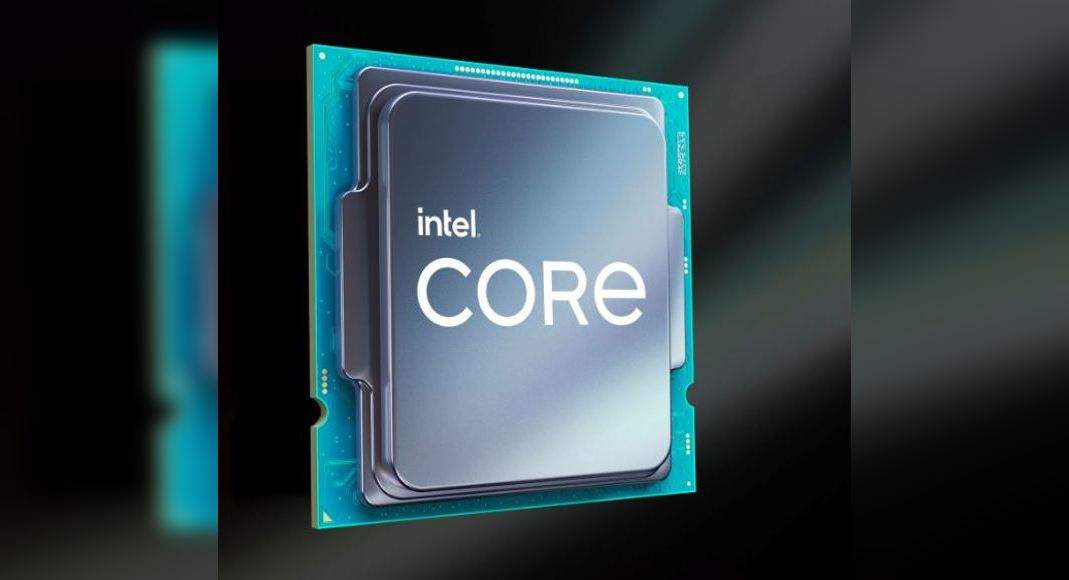At the International SuperComputer Conference (ISC) which was recently held (July 24 2), Intel exhibited how the company aims to expand its superiority in high-performance computing (HPC) with various disclosure of technology, partnerships and customer adopts.
The giant chip announced progress in its Xeon processor for HPC and AI and innovation in memory, software, exascale class storage, and network technology for various cases of using HPC.
“To maximize HPC’s performance, we must utilize all computer resources and technological advancements available to us,” said Trish Damkroger, Vice President and General Manager of high-performance computing at Intel.
“Intel is the driving force behind the industrial movement towards exascale computing, and the progress we face with the CPU Toolkit, XPU, ONEAPI, Exascale Daos storage, and high-speed networks encourage us closer to the realization.” Earlier this year, Intel strengthened its position in HPC with the launch of the Processor 3rd Gen Intel Xeon Scalable.
The latest processor provides performance up to 53% higher at various HPC workloads, including life science, financial services and manufacturing, compared to previous generation processors.
Compared to the nearest X86 competitors, the 3rd scalable Intel Xeon processor is claimed to provide better performance in various popular HPC workloads.
The Xeon Scalable 8380 processor is also claimed to outperform the AMD EPYC 7763 processor at the main AI workload, with 50% better performance in 20 general benchmarks.
HPC Lab, Supercomputers, universities and original equipment manufacturers who have adopted Intel’s latest computing platform including Dell Technologies, HPE, Korean Meteorology Administration, Lenovo, Max Planck Computing and Data Facilities, Oracle, Tokyo University and Tokyo University.
The company claims that the generation of the next generation of measured processors (named code “Sapphire Rapids) will offer integrated high bandwidth memory (HBM), provides a dramatic increase in memory bandwidth and significant performance improvements for HPC applications that operate memory bandwidth.
Sensitive workload .
Users can load through workloads using memory only high bandwidth or in combination with DDR5.
victory earliest leading to the processor Rapids Sapphire with HBM integrated includes supercomputers Aurora US Department of Energy Argonne National Laboratory and supercomputers intersection at Los Alamos National Laboratory.
Platforms based Rapids Sapphire will provide the ability to accelerate HPC, including the increase in I / O bandwidth with PCI Express 5.0 (compared to PCI Express 4.0) and calculates Links (CXL) 1.1, allowing cases of advanced use in all computing, networking and dissavers N.
, In addition to memory and I / O progress, Sapphire Rapids is optimized for the workload of HPC and Intelligence (AI), with a new default AI acceleration machine called Intel Advanced Matrix Extensions (AMX).
Expanding Intel Ethernet for ISC 2021 HPCAT, Intel also announced a new high-performance network with Ethernet solutions (HPN), which expanded Ethernet technology capabilities for smaller clusters in the HPC segment using the Adapter and Intel Ethernet 800 standard series network controller, an Intel system Tofino P4-Programmable Ethernet Switch ASICS and Ethernet Fabric Suite Software.
HPN is said to activate application performance that is comparable to infiniband at a lower cost while utilizing the ease of use offered by Ethernet.
Commercial support for Daosintel launched commercial support for DAO (asynchronous objection storage distribution), an open-defined software shop built to optimize data exchange throughout the Intel HPC architecture.
Dao was at the basis of the Storage of Intel Exascale storage, which was previously announced by the Argonne National Laboratory, and was being used by Intel customers such as LRZ and Jinr (Joint Institute for nuclear research).
Daos support is now available to partner as a L3 support offer, which allows partners to provide complete turnkey storage solutions by combining them with their services.
In addition to building blocks of Intel data centers, initial partners for new commercial support include HPE, Lenovo, Supermicro, Brightskies, Croit, NetTrix, Quanta, and RSC Group.







